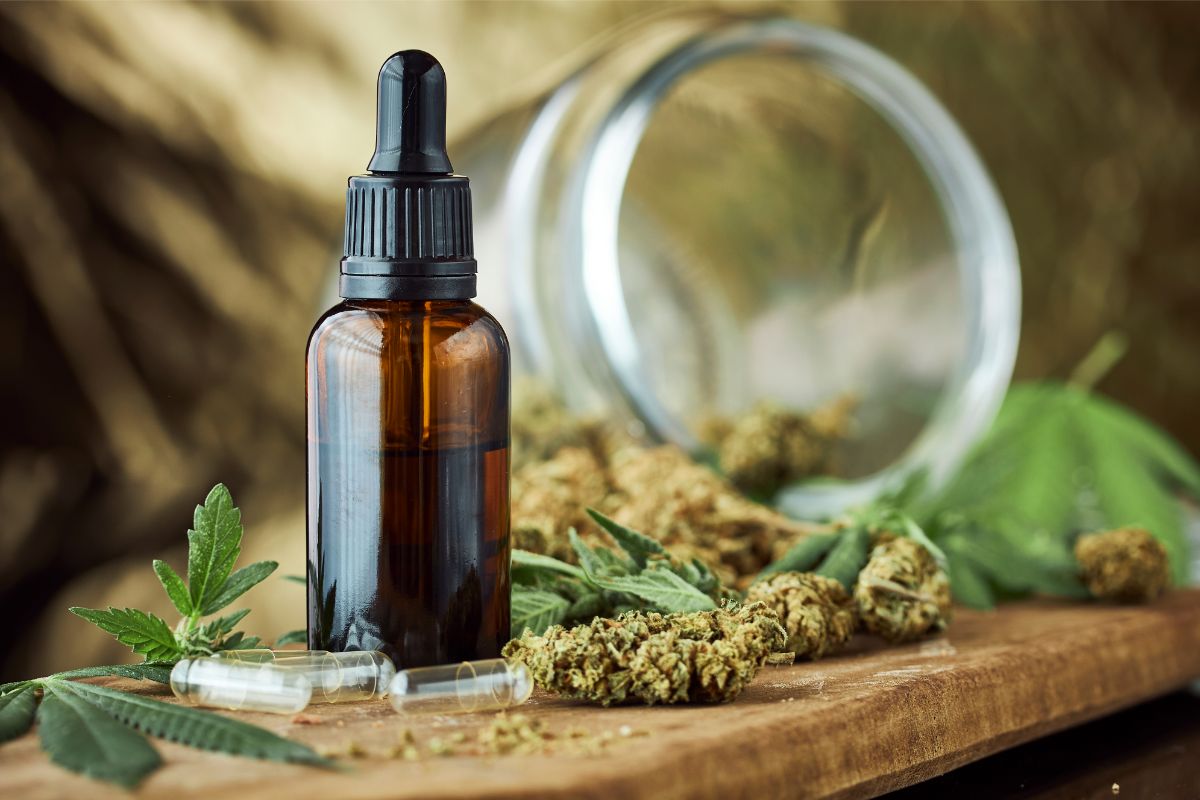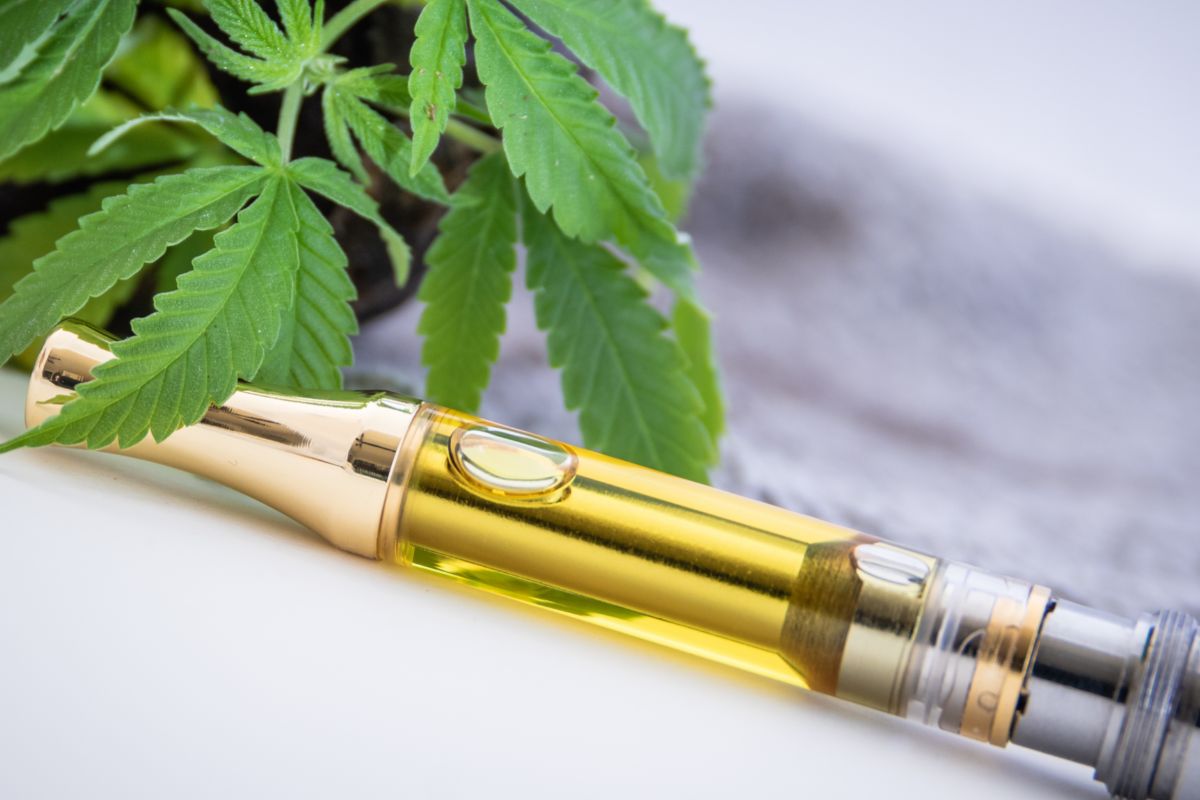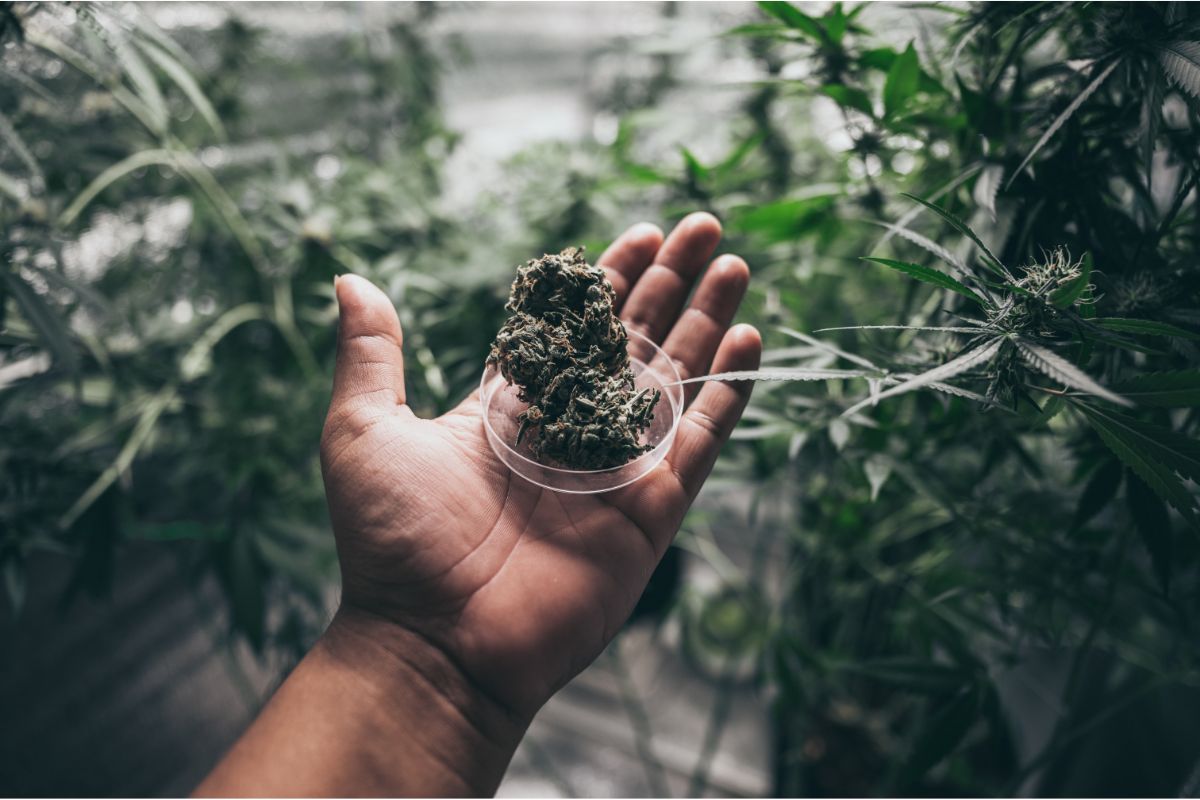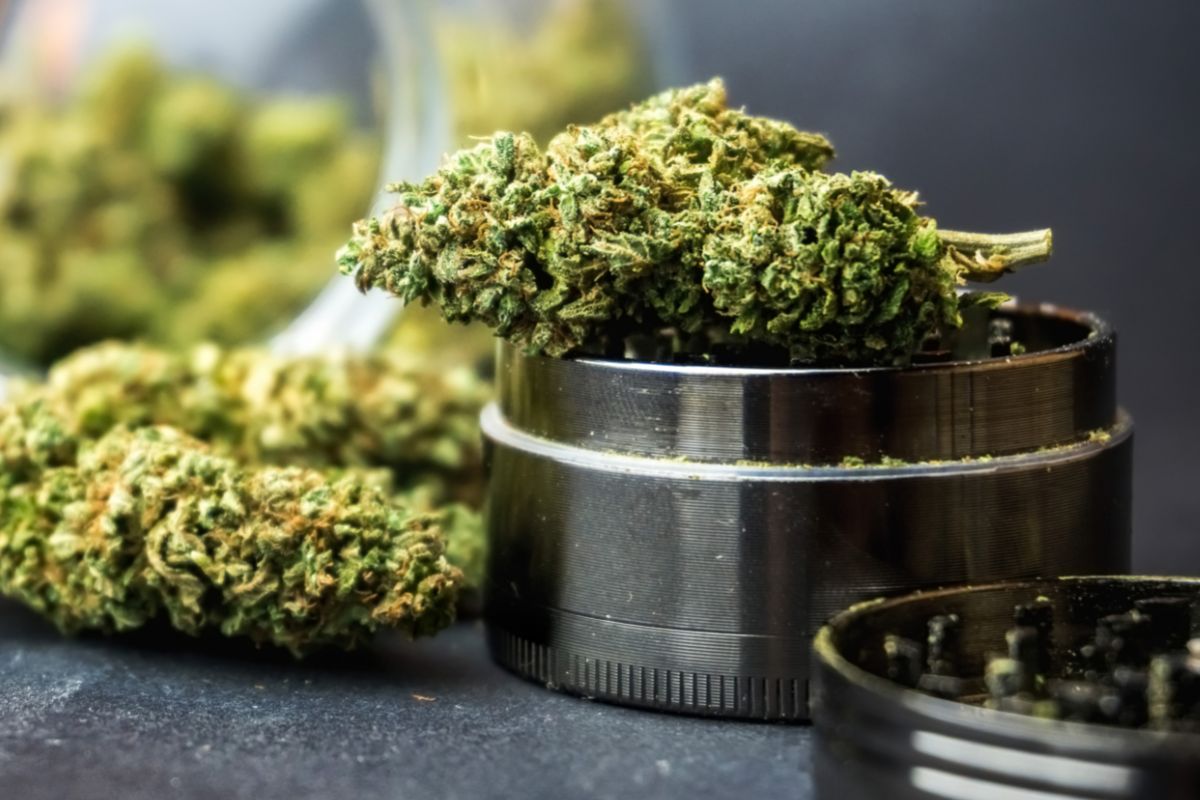The cannabis industry is growing rapidly, and it seems like every day there are new products being introduced into the market.

One of the newest additions to the market is Delta-8 THC, a strain of marijuana that contains less than 0.3% delta-9 tetrahydrocannabinol (THC). This low level of THC makes Delta-8 THC legal under current federal regulations, allowing companies to sell it without fear of prosecution.
While Delta-8 THC is considered a relatively safe product, it is important to note that it could potentially cause adverse health effects.
For example, the FDA warns that Delta-8 THC could increase blood pressure and heart rate, and even lead to seizures. In addition, some people report feeling anxious or paranoid while consuming Delta-8 THC.
Where Is Delta 8 Found?
Delta-8 THC is a compound found in some strains of marijuana. It’s one of many cannabinoids in the cannabis plant, compounds that produce a “high.” But unlike delta-9 THC, which is responsible for producing the “high,” delta-8 THC is less potent due to its different chemical structure.
Researchers discovered delta-8 THC during studies on mice. They noticed that when the mice ate food laced with the compound, they had fewer seizures. This led researchers to believe that delta-8 THC could help treat epilepsy.
But there’s still a big question mark over whether delta-8 THC actually works like delta-9 THC does. Researchers aren’t sure why it’s effective in treating epilepsy, but they think it might be because delta-8 THC binds to receptors in the brain that delta-9 THC does, too.
Why The Interest In Delta 8?
With the legalization of marijuana across the world, more people are becoming familiar with the cannabis market. And because of several recent state-level legalization, more people are interested in some health and wellness properties of cannabis.
From CBD to THC, there are various products that contain these compounds with different effects and uses. As new kinds of cannabinoid become popular, the market faces unexpected growth.
Cannabis consumers want to learn more about the different kinds of cannabis-based products available for their consumption, but they often lack knowledge about cannabinoids.
Even the most avid cannabis consumers may not be familiar with the differences among popular strains, such as cannabidiol (CBD) and tetrahydrocannabinol (THC).
Newer cannabinoids are becoming increasingly available, however, so there’s no reason why anyone shouldn’t at least be aware of them.
With the increasing availability of marijuana-based items, it is important for consumers to understand the differences and similarity between various types of cannabidiols.
From popular CBD-containing items to new entrants such as delta-8 THC items, an informed consumer can make correct decisions regarding which items are best suited for them.
Potential Side Effects

Delta-8 is so similar in structure to delta-9 THC that it has some of the same side effect, including:
- trouble with coordination
- dry mouth
- red eyes
- rapid heart rate
Same High?
Although the chemical compound known as delta-8 THC is very similar to delta-9 it doesn’t produce the same high. Instead, it produces a “mild euphoria,” according to one study.
Delta-8 THC is often used to make edibles because it adds a subtle flavor without overpowering the taste buds.
Legalities
The 2018 Farm Bill legalized hemp that contains less than 0.3% delta-9 THC. That means there’s a big loophole at the federal level. Products containing higher levels of delta-8 THC are still prohibited, however.
This is because delta-8 THC does not naturally occur in large quantities in hemp plants. Instead, it is mostly produced by converting CBD or delta-9 THC to delta-8 THC synthetics.
That means that many states have strict laws prohibiting the sale of products containing delta-8 and delta 9-THC. Some states even ban the sale of products containing any amount of delta-8 THC.
Delta 8 Effects On The Brain
Cannabis contains hundreds of different compounds, including many cannabinoids like delta 8 THC and CBD. These compounds interact with receptors throughout the body, creating effects ranging from euphoria to relaxation to pain relief.
Delta 8 THC and CBD are both considered cannabinoids because they bind to cannabinoid receptors. But there are some key differences between these two compounds.
For example, delta 8 THC causes a strong psychological reaction known as the “high.” And whilst the effect is lower than delta 9, users still report feeling anxious, paranoid, and even psychotic.
In addition, it can trigger feelings of panic and paranoia in people who experience anxiety disorders.
In contrast, sometimes delta 8 THC does not cause hallucinations or delusions in those who do not suffer from psychosis. Instead, it induces a sense of calmness and well-being.
Both delta 8 and CBD substances impair short-term memory and attention. However, delta 8 THC is much more potent than CBD.
This makes delta 8 THC ideal for recreational use especially if you’re worried about the effects of the stronger THC such as delta 9.
Final Thoughts
Cannabis sativa L. contains over 80 cannabinoids, including delta 8 THC and CBD. While both cannabinoids come from the same plant, they differ in how they affect the human body.
Delta 8 THC produces a psychoactive effect, which is much different from the body-focused effects produced by CBD.
Delta 8 THC produces a cognitive shift, which is much different to the body-focused effects CBD offers. For example, delta 8 THC increases appetite, while CBD reduces it.
Furthermore, delta 8 THC boosts energy levels, while CBD helps manage stress and anxiety. However, delta 8 THC does offer some unique advantages over CBD.
First, it produces a stronger euphoric high, which makes it easier to consume in larger doses. Second, it works faster than CBD, which takes longer to kick in. Third, delta 8 THC is less expensive than CBD(see also: Why Is CBD So Expensive?).
Despite many differences, delta 8 THC and CBD share many of the same health benefits.
They both contain cannabidiol, which is known to provide relief from pain, inflammation, nausea, seizures, and even cancer. In addition, both cannabinoids act as antioxidants, which protect cells against damage caused by free radicals.
Finally, both cannabinoids work together well to promote overall wellness.
- Is CBD Legal In Nebraska? - January 16, 2023
- FabCBD Review - January 16, 2023
- Full Spectrum Vs Broad Spectrum For Anxiety - January 16, 2023








